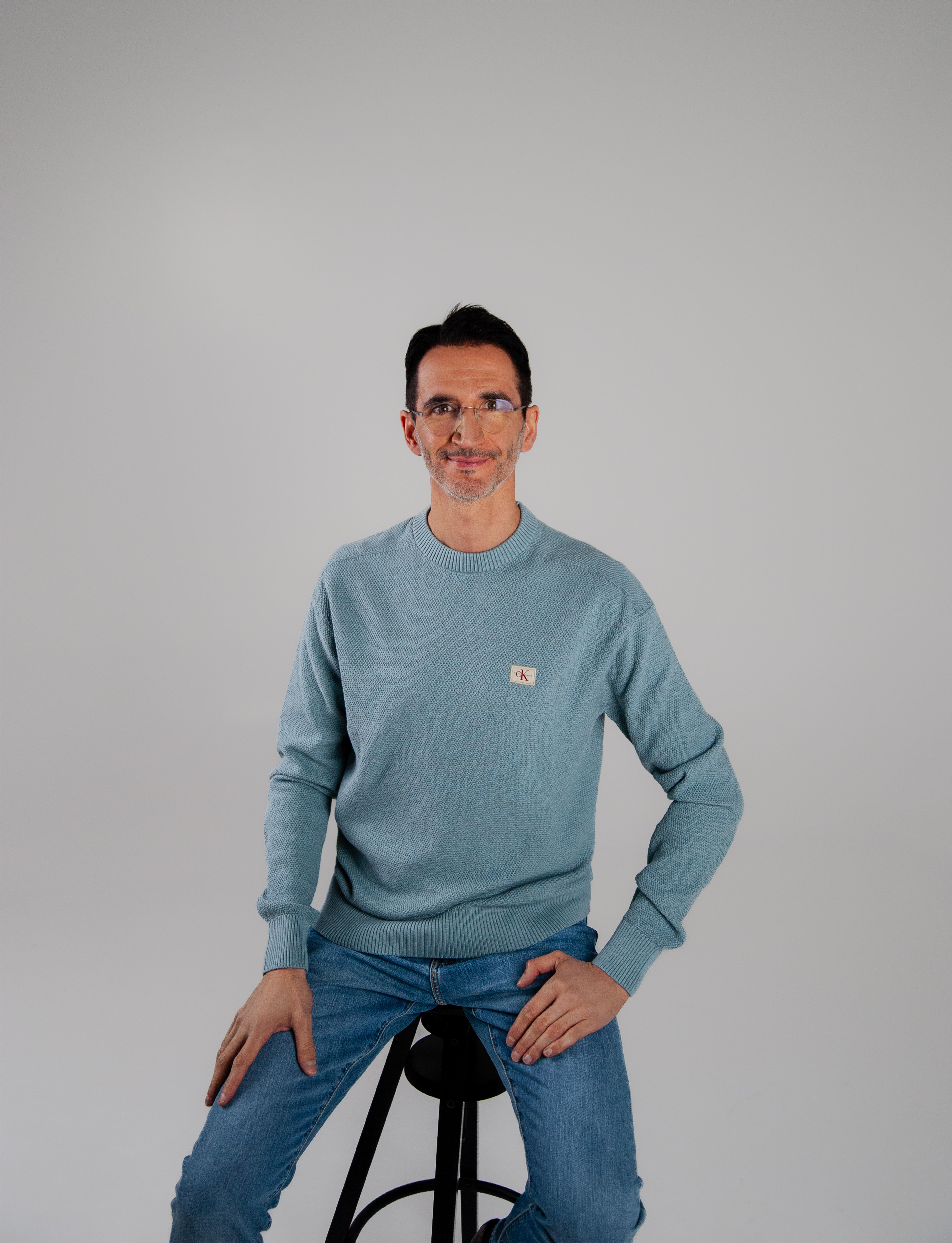
Rita Cunha, IST, Portugal
Short Bio: Rita Cunha received her Ph.D. degree in Electrical and Computer Engineering from Instituto Superior Técnico (IST), Universidade de Lisboa, Portugal, in 2007. Since 2019 she has been with the Department of Electrical and Computer Engineering of IST, where she teaches in the areas of Control and Robotics. She is currently an Associate Professor of IST, member of the Executive Board of the Department of Electrical and Computer Engineering, and a senior researcher with the Institute for Systems and Robotics (ISR). Her research interests and expertise include dynamical systems, nonlinear control systems, motion planning and control of autonomous vehicles, distributed control systems, vision-based control, and aerial robotics. She has participated in several research projects, including 2 EU projects as coordinator of IST's participation and 4 national projects as principal investigator and 3 national projects as co-PI. Selected projects for which she coordinated IST’s participation include: MULTIDRONE – Multiple Drone platform for media production (H2020), LOTUS - Load Transportation using Unmanned Aerial Vehicles (FCT, Portugal2020), and SCARVE - Sensor-based Control of Autonomous Aerial Vehicles (FCT).
Title: Aerial Robotics: Advances in Motion Planning and Control
Abstract: Unmanned Aerial Vehicles (UAVs), commonly known as drones, are rapidly evolving to become versatile sensing platforms, capable of navigating and tracking trajectories with remarkable accuracy. While motion control in free flight is now well established, new challenges are driving the field toward richer interaction with the environment and greater cooperation between multiple vehicles. In this talk, I will first give a brief overview of past work on trajectory tracking and path following control of quadrotor UAVs, which leverages Lyapunov stability theory to provide high-performance autonomous flight. I will then highlight developments related to three topics of research: i) formation planning and control for multi-vehicle systems; ii) visual servoing control using optical flow for reactive landing, and iii) and motion planning and control for aerial transportation of slung loads.

